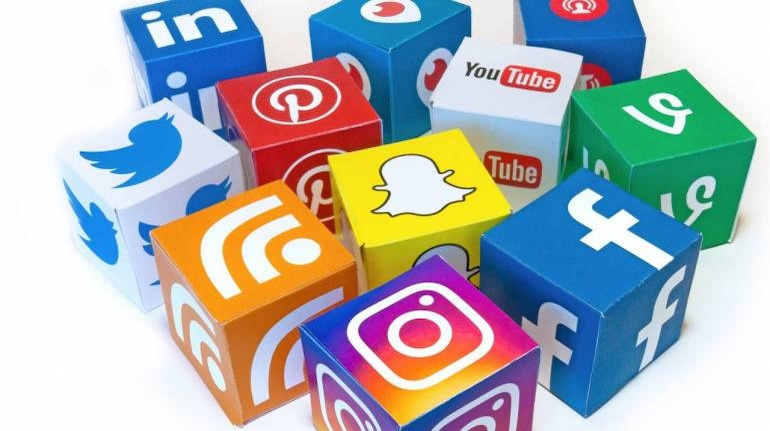



Today, India is the largest social media market in the world, if you ignore controlled Chinese platforms such as Sina Weibo or the messaging app QQ, each of which has over 500 million users.
Facebook has nearly 300 million Indian users, WhatsApp has about 200 million and Twitter has 30 million. Each of them is the fastest-growing, or among the fastest-growing, adding several million new users every year.
It’s clearly a dream market for the US companies shut out of China, and a boon for advocates of digital empowerment. However, in reality, it’s quite a mess, reflecting in part its state in the rest of the world.
Globally, a woman is abused on Twitter every 30 seconds, according to a study by Amnesty International. It’s likely no different in India, as “racism, misogyny, and homophobia are allowed to flourish [on Twitter] basically unchecked.”
WhatsApp is a reservoir of fake news in India, likely far worse than in any other country because of the sheer numbers. Facebook is a slave of its own algorithm, and greed, and therefore manipulated by all and sundry to spread a dangerous mix of lies to targeted groups.
In this milieu, social media discourse, predictably, is edgy, impolite, and often nasty. It’s full of angst, reflecting partly the sharp polarisation in the country and partly the empowerment of individuals marginalised in real society.
Users are loath to extend any courtesies or engage in genuine debate. Even simple discussions — e.g., Could Patanjali’s ghee be made only from cow’s milk? — pit Hindutvas and nationalists against the rest, and most swiftly descend into ad hominem attacks.
Many, perhaps most, users are sharply reactive, socially awkward and unmindful of the little sensitivities seen in real society. Then, social media itself is young, just reaching adolescence, and on these platforms, it seems harder to tell right from wrong. Just in case you don’t readily agree with that, try these two examples.
Was historian Ramachandra Guha wrong in posting a photo on Twitter of his having beef for lunch in BJP-ruled Goa? Or was it simply in poor taste, as he confessed before deleting the photo?
Or, was Virat Kohli right in posting a video of a man throwing litter on to the roads from a moving (luxury) car? Or was it simply misplaced celebrity activism with little regard to the privacy of an ordinary individual?
The fact is, many of us — including the towering intellectual and cricketing celebrity — are like awkward adolescents on social media, even when we don’t actually intend to be rude or insensitive. One suspects we are not going to grow up in a hurry either, what with several new million users joining social media platforms every year.
If anything, social media conversations are likely to be no better in 2019, and in reality, it could get a whole lot worse.
First, there is the Lok Sabha election. Given the political swing in the recent round of state elections, it could be a close, no-holds-barred contest fought bitterly across India, further polarising communities. Almost every political party has a crack social media outfit with the goal of winning votes at the cost of anything, particularly the truth, and political conversations are among the most incendiary.
Second, social media companies have no incentive to cleanse their platforms until their feet are held to the fire. Instead, they prefer to focus on numbers, rivalries, market shares and brainstorming ways to monetise their platforms.
Facebook, for example, earns nearly $30 per user in the United States, but only a tenth of it in the Asia Pacific, and likely lower in India. So it is focused on leveraging its numbers. Besides, it is caught in a race with Google in the Indian market. Facebook also seeks to squeeze some profits out of WhatsApp, which so far brings next to nothing.
The third ‘player’ in the social media game is the regulator. However, so far, it is mostly a spectator. Besides, what is not clear at this stage is: who are the regulators?
A privacy and data regulator is due only after the Personal Data Protection Bill, 2018 is enacted. Based on the Justice Srikrishna panel submissions last year, it just has been opened to public review and could take many more months to become law.
The other regulator is law enforcement, which can suitably apply existing laws for many of the social media abuse. However it has, by and large, been inept at stopping abuse, threats or lynching arising from social media, and our judicial system is too slow to deliver justice in the Internet era.
All in all, we lack the force for change. Like most things in India, we probably need a social media crisis — perhaps the equivalent of a Cambridge Analytica-style manipulation or foreign interference — before we will do anything. Social media in India may just have to get a lot worse before it gets better.
Bala Murali Krishna works for a New York-based startup. Views are personal
Discover the latest Business News, Sensex, and Nifty updates. Obtain Personal Finance insights, tax queries, and expert opinions on Moneycontrol or download the Moneycontrol App to stay updated!
Find the best of Al News in one place, specially curated for you every weekend.
Stay on top of the latest tech trends and biggest startup news.